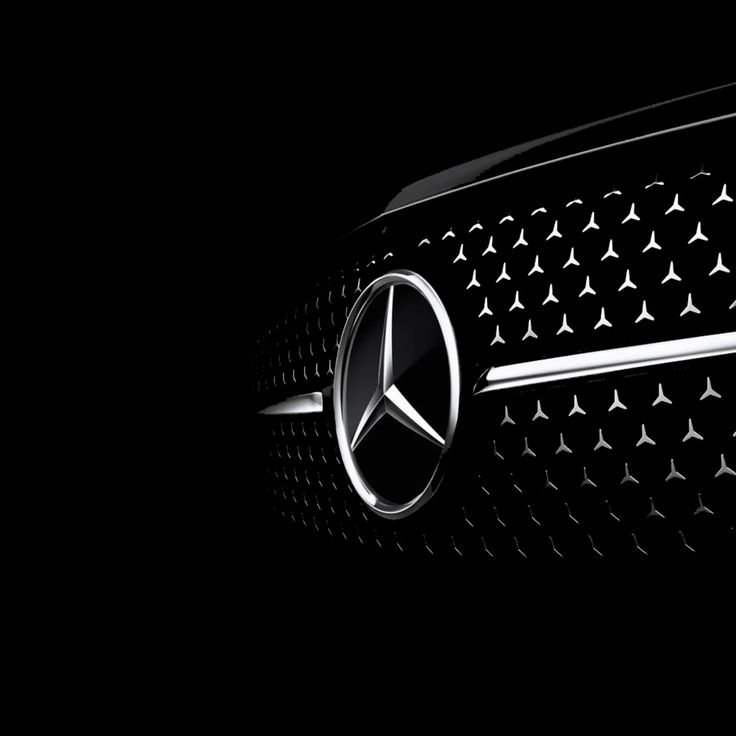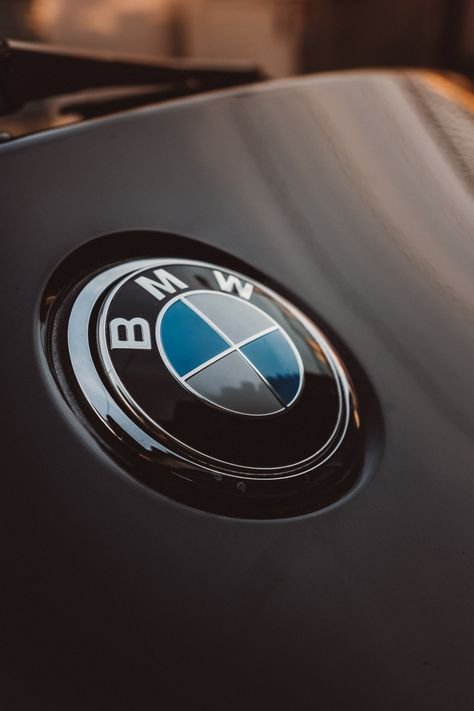
Former US President Donald Trump is no stranger to controversy, particularly when it comes to his remarks on trade, manufacturing, and the automotive industry. His recent statements during a campaign stop in Flint, Michigan, have stirred up renewed debate about the future of American car manufacturing. Trump made several claims regarding the role of China, Mexico, and electric vehicles in the future of the US auto industry, and proposed drastic measures to “save” it from a perceived threat under Democratic leadership.
Trump’s rhetoric is particularly relevant in Michigan, a state with deep historical ties to the automotive industry. As the birthplace of major automakers like Ford, General Motors, and Chrysler, Michigan is often a battleground for political discussions about the state of US manufacturing. However, many of Trump’s claims appear to be unfounded or exaggerated. Let’s break down his key points and compare them to the facts.
Claim 1: Chinese Automakers Are Building Massive Factories in Mexico
During his Flint rally, Trump reiterated an unsubstantiated claim that Chinese automakers are building large factories in Mexico with the intention of exporting vehicles to the US market. He threatened to impose a 200% tariff on any vehicles made in these factories that are sent to the US, positioning himself as a protector of the domestic auto industry.
The Facts: This claim has been widely debunked. According to industry analysts and Mexican officials, there are no large Chinese-owned auto manufacturing plants currently under construction in Mexico. The only significant Chinese presence in the Mexican auto market is JAC Motors, a relatively small automaker. JAC operates a plant in Hidalgo, Mexico, where it assembles vehicles from kits for the local market rather than for export to the US.
While China has a growing presence in global automotive markets, there is no substantial evidence that Chinese automakers are building new facilities in Mexico aimed at flooding the US market with vehicles. Additionally, the idea of imposing a 200% tariff on cars produced in Mexico ignores the realities of trade agreements like the US-Mexico-Canada Agreement (USMCA), which governs trade between the three countries and limits the arbitrary application of tariffs.
Claim 2: Under Kamala Harris, the US Auto Industry Would Collapse
Trump also claimed that if Vice President Kamala Harris were elected president, the American auto industry would cease to exist, and electric vehicle (EV) production would shift entirely to China. He predicted that the US would lose its entire auto industry within two to three years under a Democratic administration, particularly because of the push for green technology and electric vehicles.
The Facts: This claim is both exaggerated and misleading. First, Vice President Harris is not currently running for president, so Trump’s assertion seems to be more about stoking fear regarding Democratic leadership rather than addressing any specific policies proposed by Harris. More importantly, there is no evidence to support the notion that the US auto industry is on the verge of collapse due to Democratic policies, nor that EV production would automatically shift to China.
In fact, under the Biden-Harris administration, the auto industry has seen significant growth. According to data from the Bureau of Labor Statistics (BLS), auto and parts manufacturing jobs have increased by 13.6% since President Joe Biden took office in January 2021. In August 2023, auto and parts jobs had grown to 1.07 million, up from 949,000 when Biden was inaugurated. This data directly contradicts Trump’s claim of a disappearing industry.
Moreover, the Biden administration has actively supported the development of electric vehicles as part of its climate and infrastructure initiatives. This includes investments in EV manufacturing plants in the US, subsidies for EV production, and policies aimed at boosting domestic battery production to reduce dependence on foreign supply chains, including those from China.
Claim 3: Tariffs on Foreign-Made Cars Would Bring Jobs Back to the US
One of Trump’s main proposals during his speech was to impose heavy tariffs on foreign-made vehicles to incentivize automakers to build more factories in the United States. He described this approach as “taking candy from a baby,” implying that it would be an easy way to restore American manufacturing dominance in the auto sector.
The Facts: The effectiveness of tariffs in reviving domestic manufacturing is a hotly debated topic among economists. While Trump’s earlier tariffs on steel and aluminum during his presidency had mixed results, many experts argue that tariffs often end up being passed on to consumers in the form of higher prices rather than compelling foreign automakers to build new factories in the US.
Moreover, the reality is that many foreign automakers already have significant manufacturing operations within the United States. Companies like Toyota, Honda, Nissan, BMW, and Mercedes-Benz have invested heavily in factories located in southern states, including Alabama, Tennessee, and Kentucky. These plants not only provide jobs for American workers but also produce millions of vehicles annually for both the US and global markets.
Trump’s suggestion that foreign automakers need additional incentives to build in the US ignores this existing infrastructure. In fact, many foreign automakers are already expanding their US-based production lines to accommodate the growing demand for electric vehicles, in line with the global shift toward greener transportation.
Claim 4: China Will Take Over All US Manufacturing Due to Electric Vehicles
Trump also expressed concern that the rise of electric vehicles would allow China to take over US manufacturing, particularly as the global supply chain for EV components like batteries is currently dominated by Chinese companies. He suggested that the Biden-Harris administration’s focus on transitioning to EVs would give China an outsized influence over the future of the auto industry.
The Facts: While it’s true that China is a major player in the production of EV batteries, particularly in the mining and processing of key minerals like lithium and cobalt, the Biden administration has taken steps to address this dependence. The US government has been investing in domestic battery production, with several new battery plants under construction in states like Michigan, Ohio, and Tennessee. These initiatives are designed to reduce reliance on foreign supply chains and create new jobs in the US.
Additionally, automakers like Ford, General Motors, and Tesla have made significant investments in expanding their EV production capacities within the US. Ford, for example, is building a major EV assembly plant in Tennessee, while General Motors is partnering with LG Chem to build battery production facilities in Michigan and Ohio. These developments suggest that the US auto industry is not being overtaken by China but is instead positioning itself to lead in the electric vehicle revolution.
Claim 5: The US Auto Industry Declined Under Biden
Throughout his speech, Trump suggested that the US auto industry has been in decline since Biden took office, pointing to temporary increases in job numbers as unsustainable. He dismissed any growth under the Biden administration as fleeting and warned that the entire industry could collapse without his intervention.
The Facts: The data tells a different story. As mentioned earlier, the number of auto and parts manufacturing jobs has increased by more than 13% since January 2021. This growth comes after a period of decline during Trump’s own presidency, when the industry faced significant challenges, including trade disputes and the economic downturn caused by the COVID-19 pandemic.
In addition to the recovery of jobs, the Biden administration’s support for the auto industry has been evident through its infrastructure investments and policies aimed at promoting clean energy technologies. These initiatives include the Inflation Reduction Act, which provides tax incentives for both consumers and automakers to transition to electric vehicles, as well as funding for new charging infrastructure across the country.
The Future of the US Auto Industry: A Balanced Perspective
The future of the US auto industry, like many other sectors, is tied to broader global trends such as the shift toward electric vehicles, automation, and sustainability. While Trump’s claims paint a dire picture of an industry on the brink of collapse, the reality is that the American auto sector is undergoing a transformation rather than a decline. The transition to electric vehicles represents both a challenge and an opportunity for US automakers, and the policies implemented by the Biden administration aim to ensure that the US remains a leader in this emerging market.
It is also important to recognize the role of foreign automakers in the US economy. Many of these companies have established deep roots in American communities, providing well-paying jobs and contributing to the country’s manufacturing output. Efforts to impose punitive tariffs on foreign-made cars could disrupt these relationships and lead to unintended consequences, such as higher prices for consumers and retaliatory tariffs on US exports.
Ultimately, the success of the US auto industry will depend on a combination of smart policy decisions, continued innovation, and investments in both traditional and new technologies. Rather than relying on fear-based rhetoric or overly simplistic solutions, a balanced approach that considers the complexities of the global auto market will be necessary to ensure the industry’s long-term health and competitiveness.
Conclusion
Donald Trump’s recent remarks about the automotive industry reflect his broader approach to trade and manufacturing—one that emphasizes protectionism and fears of foreign competition. However, many of his claims, particularly regarding Chinese factories in Mexico and the decline of the US auto industry, are not supported by the facts. Under the Biden-Harris administration, the US auto sector has seen growth in both jobs and investment, particularly in the area of electric vehicles.
The future of the American auto industry is far from bleak. With the right policies and continued investment in innovation, the US is well-positioned to lead in the next era of automotive manufacturing. The challenge moving forward will be to navigate the transition to electric vehicles and ensure that American workers remain at the forefront of this evolving industry.
ALSO READ: CRX High-Speed Electric Scooter by Verivo Motor India





